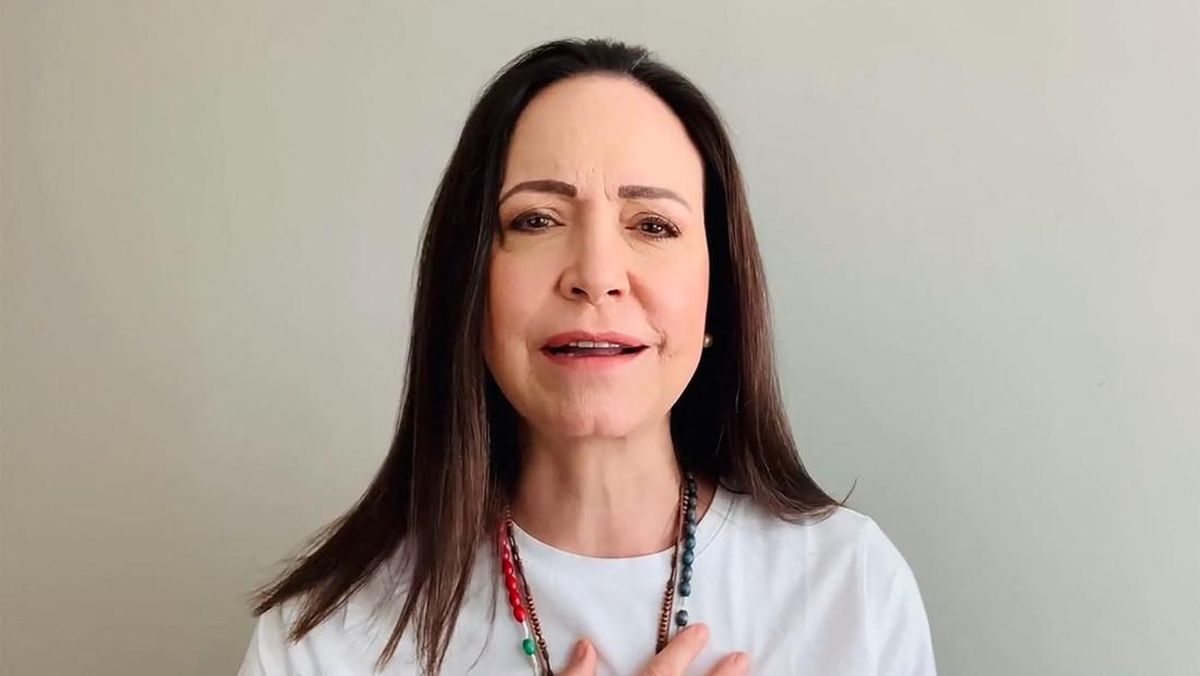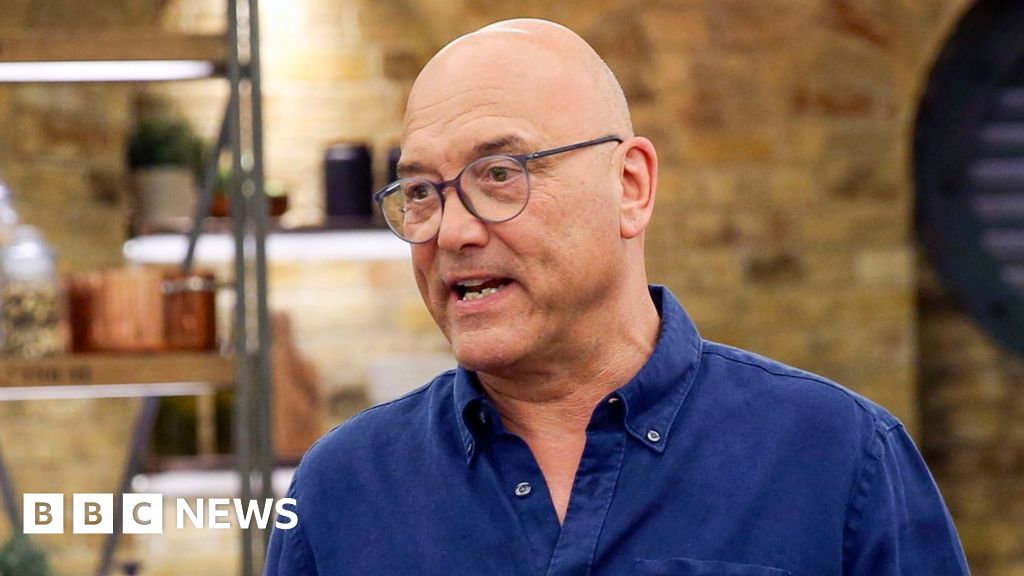Latest news on CDC vaccine panel voting

The Centers for Disease Control and Prevention's vaccine recommendations committee on Friday wrapped two days of meetings that involved votes on a range of recommendations regarding COVID-19, measles and more.
The recommendations panel, known as the Advisory Committee on Immunization Practices, or ACIP, has undergone changes in recent months, with all new members picked by Health and Human Services Secretary Robert F. Kennedy Jr.
The ACIP's recommendations are not the final say — they must be reviewed and approved by the CDC director to become official guidance, but CDC directors have almost always accepted the recommendations.
Here are the key takeaways from the meetings.
MMRV vaccine recommendations
The panel voted Thursday to change a recommendation on the combined measles, mumps, rubella and varicella (MMRV) vaccine, supporting separate, not combined, MMR and varicella shots for those under the age of 4.
The combined MMRV vaccine offers the convenience of one shot instead of two, but it does carry a slightly higher risk of fever-related "febrile" seizures when used as the first dose in young toddlers aged 12-23 months, according to CBS News medical contributor Dr. Céline Gounder. The side effect is most common between the ages of 14-18 months. As Gounder explains, febrile seizures are rare and almost always resolve without lasting effects, but are frightening for families and can erode trust in vaccines.
By contrast, studies show there is no elevated risk when MMRV is given for the second dose at ages 4 to 6 years old, after children have outgrown the highest-risk window.
Changes to COVID vaccine recommendations
In a change from current guidance — which state that the CDC recommends a 2024-2025 COVID-19 vaccine for most adults ages 18 and older — the committee voted on Friday for people to make individual, informed decisions about COVID vaccination, declining to specifically recommend vaccination.
The updated recommendations would include the following:
- Adults 65 and older: Vaccination based on individual-based decision-making, also known as shared clinical decision making.
- Individuals 6 months to 64 years: Vaccination based on individual-based decision-making — with an emphasis that the risk-benefit of vaccination is most favorable for individuals who are at an increased risk for severe COVID-19 disease and lowest for individuals who are not at an increased risk, according to the CDC list of COVID-19 risk factors.
"The good news is anyone can get this vaccine. The bad news is that no one is encouraged to get it even if you're in a high-risk group," Dr. Paul Offit, a vaccine researcher at Children's Hospital of Philadelphia, told The Associated Press. Offit is a former government adviser who has sparred with Kennedy for years.
There were also multiple votes related to how potential COVID vaccination risks should be communicated to patients. Members of the panel recommended that the CDC update its language regarding potential risks as well as recommended that health care providers communicate risks with their patients on an individual level. This move drew pushback from outside medical groups who fear it may sow distrust in the vaccines despite their proven safety record.
In a close vote, the committee decided against requiring a prescription for COVID-19 vaccination. With a vote of 6 yes and 6 no, the decision went to the ACIP chair, who voted no — keeping the vaccine available without a prescription.
Hepatitis B vaccine discussion
The panel also had discussions about the hepatitis B vaccine during their session on Thursday. Hepatitis B can cause long-term health problems including liver disease, cirrhosis and cancer. The CDC currently recommends a first dose of the vaccine for all newborns at birth to reduce the risk of an infection.
Members were considering a proposal to change the recommended vaccine schedule, delaying a child's first dose until at least one month of age if the mother tested negative. However, they decided to table a vote, leaving the current recommendations in place.
Members voted unanimously in favor of having all pregnant women tested for hepatitis B infection.
The Associated Press contributed to this report.
Sara Moniuszko is a health and lifestyle reporter at CBSNews.com. Previously, she wrote for USA Today, where she was selected to help launch the newspaper's wellness vertical. She now covers breaking and trending news for CBS News' HealthWatch.


















































